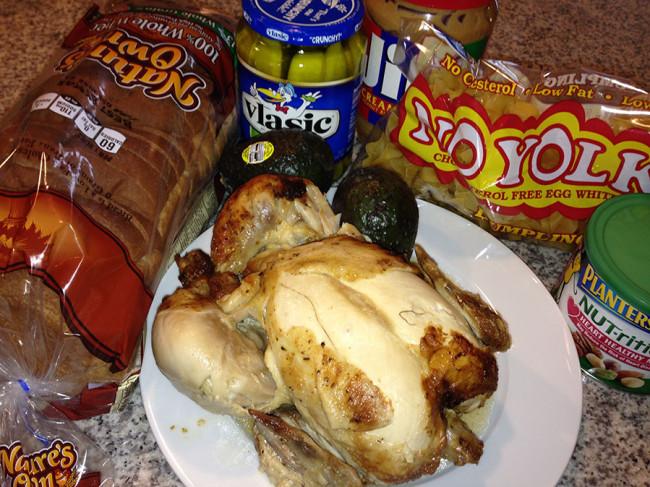
All these athletes have one thing in common: they have an eating ritual before an athletic event. Eating protein or carbs is not unusual for athletes.
Merdian Zerner, is a dietitian with the well-known Cooper Clinic in Dallas. The Cooper Clinic is known internationally for their health, research, and wellness services. Forty-five grams of carbohydrate intake one hour before an event or game is beneficial for athletes to ensure access to adequate energy, and to spare their muscles, said Zerner.
“Ultimately, carbohydrates equal energy,” she said.
Chris Sendejas, defender on the SMU Men’s Soccer team says that in the team’s exercise physiology class, the players learn about the kinds of foods that are most beneficial to consume before a game. He believes that carbs are appropriate for soccer players because games are usually over 90 minutes long.
“You want to eat carbs because you are going to have more energy for a longer time,” he said.
Carbohydrates alone cannot sustain players. Proteins are also important, but not right before a game. Proteins take longer to digest, and are better for recovery or several hours before a game. There are also foods that athletes should avoid before athletic events, according to Zerner.
Such foods include high fat foods because they take longer to digest and they usually cause gastrointestinal distress. Competitors should stray away from foods with high fibers right before an event because they also cause gastrointestinal distress, Zerner said.
In addition to what to eat, athletes and trainers agree that other factors, such as when and how to eat, can also affect performance. Timing is pivotal when consuming a pre-game meal or snack.
Some competitors can eat 30 minutes before an athletic event and some can only eat 4 hours before – it all depends on the person, Zerner said. Graae agrees that timing is pivotal when consuming a pre-game meal or snack.
“Even if you eat the food that you know is good for you, and you eat it at the wrong time for you, it has a negative influence on your performance,” he said.
Through nutritional training, athletes have become more aware of how eating habits particularly with respect to timing can affect efficiency.
SMU Men’s Basketball Team also has prescribed rituals, which include the timing element. Four hours before every game the team eats together. The players are all hungry at the same time, said coach Larry Brown.
“The team’s pre-game meal is loaded with carbs”, he said.
While rituals differ from athlete to athlete, some general rules may be applied. It is important to give your body carbohydrates and proteins—at the right quantity and at the right time—to maximize performance before an athletic event. Proteins should be consumed hours before a big event, whereas carbs should fuel your body as close, within reason, to the event as possible, said Zerner.
Sydney Nelson is currently a junior studying journalism at SMU. In her free time she enjoys traveling and exploring new places, as well as meeting new people.









